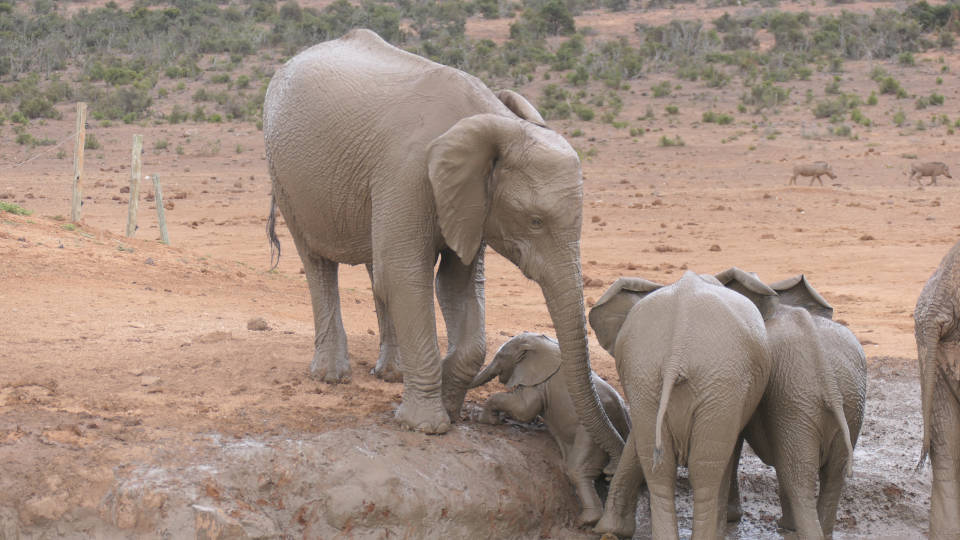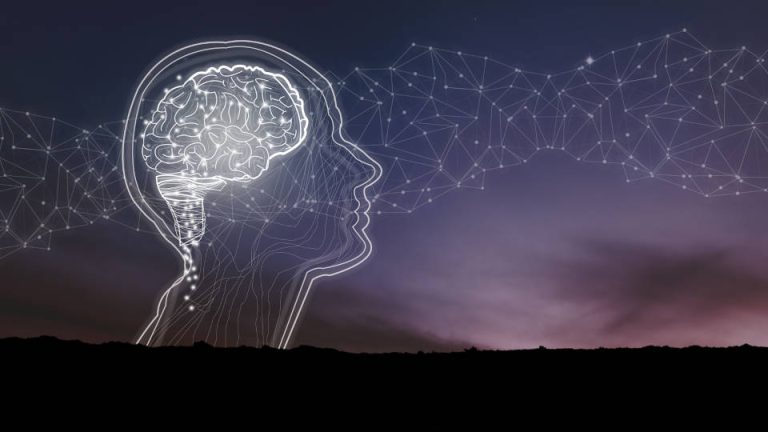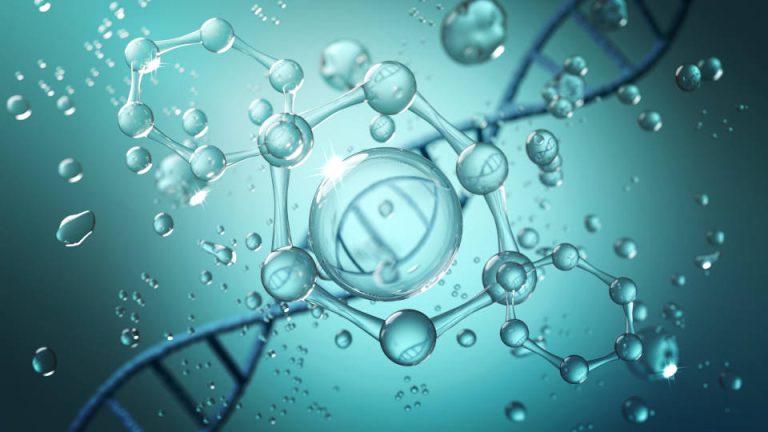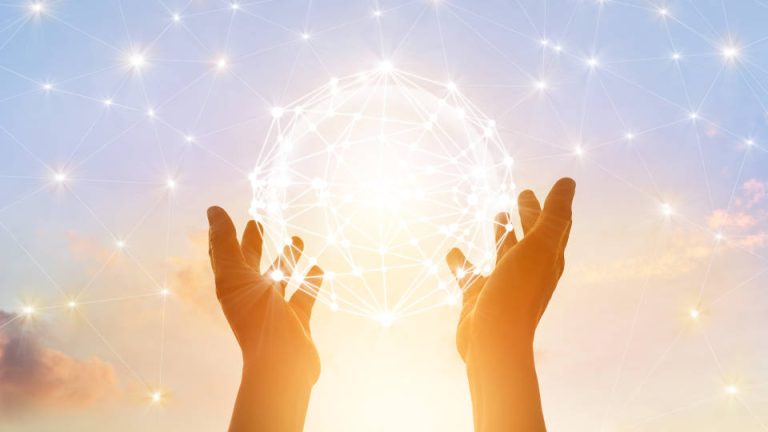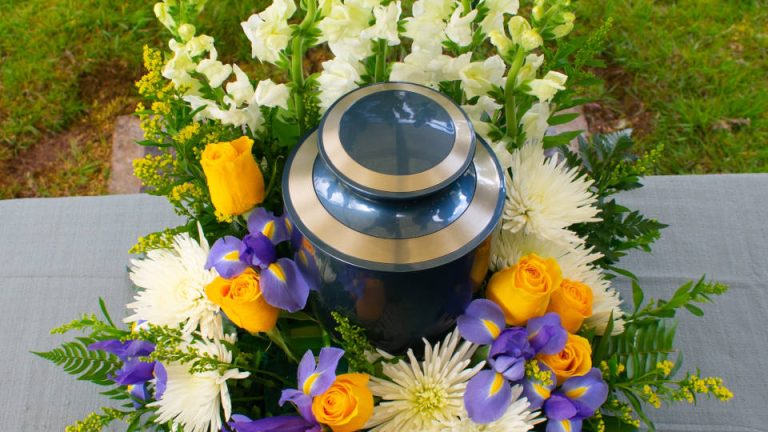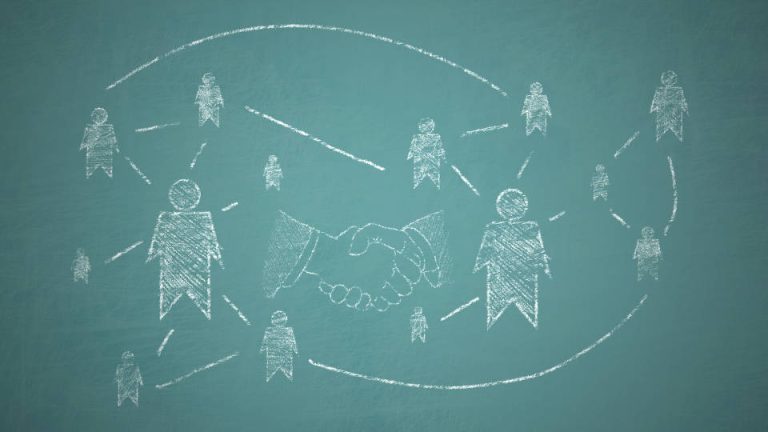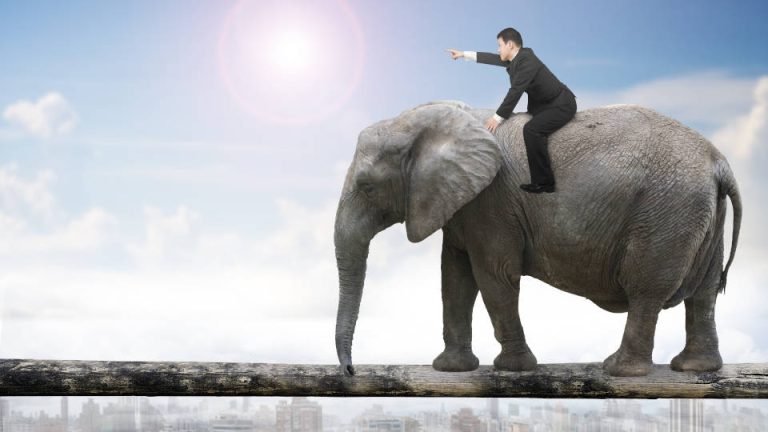Altruism, Empathy and Becoming Your Person in a Helping Relationship
Altruism, Empathy and Becoming Your Person in a Helping Relationship.
I am trying to understand how a carer can be in a position worse than the recipient of the care. I know my mother is dying.
I go through physiological feedback, such as something plummeting in my gut, with my heart rate slowing down, and identify it as me feeling “sad“. I question why this “sadness” and my mind shifts to my extended family, which I was closest to growing up. My physiological feedback changes to an increased heart rate; in my gut, it is the same plummeting feeling; however, I identify this feedback as “anger“. I go through these contradictory emotions so quickly that I can get caught in the blame and change my thinking.
So what do I do? I lean into the underlying factor to understand my mother’s position in the current scenario. How did she come to this stage, and what will I do in relationships that involve lending a helping hand? Will I follow a similar trajectory of “giving up self” for the recipient?
What does “giving up self” mean or look like for me? I have gained insight into this through coaching and fact-finding in the emotional history/tapestry of the family I was born into.
- I was born in the position of an older sibling with a disability. The emotional climate of my house was to make sure the energy was directed towards trying all possible solutions to help her. So, I learned very early on to keep out of this emotional intensity. My mother believed I was “shy” and “quiet”. She was accurate with her assessment. I was sensitive to “distress”.
- In this process, I never told parents of the abuse by the carers. The sensitivity to “distress” became chronic.
- To solve the “shyness and quietness”, my family devised a plan in collaboration with the extended family to introduce a cousin into my life. My aunt’s fourth daughter came to live with me. The sensitivity that now emerged for me was “attention and approval” from my father, the formation of feelings outside my father’s attention.
- I remember being physically ill for most of my growing years, with the physical illness coinciding with my cousin’s introduction. I was hospitalized and had a severe condition.
Now that I have got you readers feeling sorry for me, sad, or forming opinions about my family. Let me tell you all I would do the same and did it for a long time.
What I have done is I have evoked a feeling of empathy in most of the readers. Evolution designed a creature that showed concern for the suffering of other living things for the first time. MacLean, 1978 described the purpose of evolution as to add a feeling brain, a limbic system to allow the feeling of emotions such as affection and pleasure.
So, we have a limbic brain chosen by evolution for evoking feelings. Similarly, evolution preserved and selected the traits and behaviours that could be useful or adaptive for an organism to pursue survival and reproductive success in its environment, and Aulturism emerged. Altruistic behaviour, according to biologists, is adaptive in four distinct ways:-
- It helps individuals to attract and keep mates.
- Extends the individual’s reproductive success, or inclusive fitness, by supporting offspring and close kin.
- It enlarges an individual’s net benefit through reciprocal exchange.
- It enhances an individual’s status and security by contributing to the success of the group, or under conditions of scarcity or threat, the survival and reproduction of some members are sacrificed for the survival and reproductive success of the group.
According to the Bowen Family Systems theory, Dr Bowen posits that a helping relationship in a family sees one taking a position for a lengthy period in an adaptive position. This individual gradually loses the ability to function and make decisions for self. With increasing stress, it is likely to trigger the adaptive individual into dysfunction. This dysfunction can be in physical, emotional, or social illnesses.
With my mother’s current condition, I can say she gave up herself to maintain her group intact. It included my older sibling, myself, my grandmother and the connections that came with my grandmother. With my father, she held a position of reciprocal exchange of affection and support and never looked less than perfect. In return, she got his security and stability.
De Waal states: “The return benefits of altruistic behaviour typically remain beyond the animal’s cognitive horizon, occur so distantly in time that the organism is unlikely to connect them with the original act.”
My family of origin might not see it; however, I have managed to connect the dots.
How will I use it as a journey to become a person of my own volition? It is for the next blog.
The chapter that set the tone for this blog:
“The Evolution of Helping by Stephanie J Ferrera”
Book Differentiation of Self. “Bowen Family Systems Theory Perspectives”. Edited by Peter Titelman.

